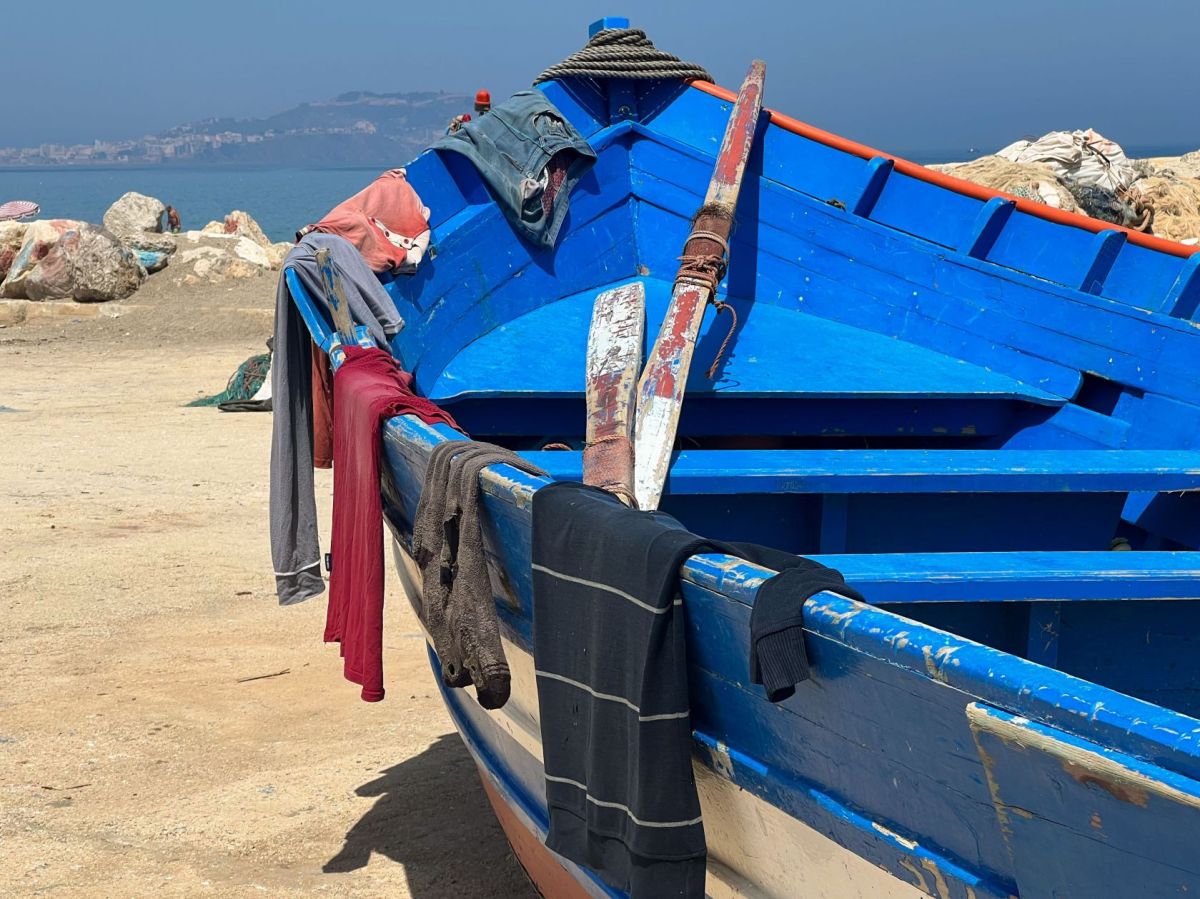The September 2024 Barometer by the CIS, a public body, revealed that immigration has now been considered the country's problem that most concerns Spaniards, whereas in the previous study, in June, it was ninth.
In three months, immigration has dethroned unemployment and "political problems" from the top of concerns, according to this study on the population's perceptions.
The CIS barometer was carried out at the beginning of September, after a summer marked by news of an increase in irregular arrivals of people to the Canary Islands, aboard precarious vessels known as 'pateras', from the African continent.
This context has been said by pollsters, sociologists and other academics to be essential for analysing the study's results, warning of a likely "August effect", given that it was a summer without any other major news in Spain, with the news repeatedly showing images of the 'pateras', in a "media overexposure" of the phenomenon.
In a recent hearing in the Spanish parliament, the Minister responsible for Immigration, Elma Saiz, assured that the occupancy rate of reception centres for adult migrants in the Canary Islands, despite the increase in arrivals, has remained at an average of around 50%, contradicting the idea of chaos or exhaustion, fuelled mainly by the far right and on social media.
However, during the summer months, media and political attention was focused on the case of migrant minors arriving in the Canary Islands alone, who require a specific response under national and European laws.
In the case of minors, reception centres in the Canary Islands are overcrowded, the other autonomous regions have shown little or no willingness to welcome them, and the national parliament has so far been unable to reach an agreement to amend the immigration law to allow the automatic distribution of children and young people throughout the territory.
The parliamentary year ended in July with this debate on immigration law and minors, with the far right associating immigrants, including minors, with crime, contrary to what national and international studies and statistics conclude.
The political 'rentrée' at the end of August and beginning of September also revolved around immigration: Prime Minister Pedro Sánchez travelled to West African countries to promote "circular migration" and ensure that anyone who enters Spain irregularly will have to return to their country of origin, while the leader of the opposition, Alberto Núñez, went to Italy to praise Prime Minister Giorgia Meloni's policy in this area.
The CIS study was conducted in this context and brought immigration to the top of Spaniards' concerns. The same had already happened in 2007, coinciding with another peak in migrant arrivals to the Canary Islands, and in September 2018 and 2019, also after a summer and at a time when the far-right Vox party and its anti-immigration rhetoric had emerged in Spanish politics.
In 2007, 2018 and 2019, this perception of immigration as one of Spain's biggest problems was temporary and was once again relegated to the background in subsequent barometers.
This time, the experts interviewed by the Spanish press believe it is still too early to draw a conclusion, but they highlight that in various studies, including those by Eurobarometer, there has been a growing trend of concern among Spaniards regarding immigration since 2023.
Foreigners in Spain accounted for around 17% of the population last year, according to official data, and the country continues to be one of those in which hostile opinions towards immigration are below the European average, although they have been growing since Vox entered the institutions.
"[Vox] institutionally and medially normalizes anti-immigrant discourse and that, in Spain, had never happened before", explained sociologist Juan Iglesias, professor at the Pontifical University of Madrid to the EFE agency.
In addition, Juan Iglesias also explained that in recent months, the traditional consensus on immigration that existed in the two major Spanish parties, the PSOE (socialist) and the PP (right-wing), seems to have broken down, with this issue also being used by these two forces as an "electoral weapon".
In addition to the political context and the time of year in which the CIS study was conducted, experts warn of several technical and methodological issues that may have contaminated the results and placed immigration at the top of Spaniards' concerns.
















